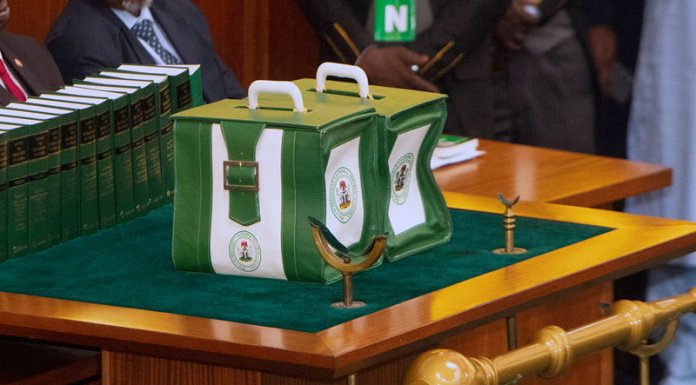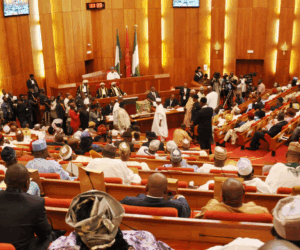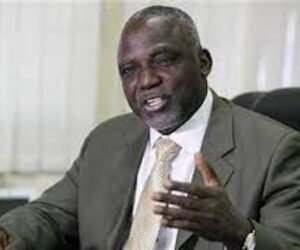From Adesuwa Tsan, Abuja
There are strong indications that President Bola Tinubu may not present the 2026 budget to the National Assembly anytime soon as the Senate has directed the economic management team to submit a detailed performance report on the 2024 budget and projections for the implementation of the 2025 capital component within two weeks.
The directive was issued by the Chairman of the Senate Committee on Finance, Senator Mohammed Sani Musa, after an executive session that lasted about one and a half hours with the Minister of Finance and Coordinating Minister of the Economy, Wale Edun, Accountant-General of the Federation, Samsudeen Ogunjimi; and the Director-General of the Budget Office, Tanimu Yakubu.
Musa said the committee resolved that the presentation of the Medium Term Expenditure Framework (MTEF) and Fiscal Strategy Paper (FSP) for 2026–2029 would only follow after the submission of the requested reports on October 23.
“We have had the position at which the 2024 budget is, and what the position also of the 2025 budget. And the expectations we are having for the ministry to, as a matter of urgency, bring the MTEF for 2026 to 2029. The minister has briefed us, and we have collectively agreed that we are making progress, but we need to make more progress.
“We have heard from the Accountant-General and the Director of Budget where we are with the budgets—the payments that have so far been released, the warrants that have so far been signed, and also the 2025 authority to incur expenditure for agencies to release their capital projects.
“We have all agreed that we will want documented evidence of the performance of 2024 and our expectations for the 2025 budget before we start talking about the MTEF for 2026.
“The Honourable Minister of Finance has agreed to oblige us with that progress report. We have agreed to reconvene on the 23rd of October.”
He added that the committee also took note of President Tinubu’s recent request to the National Assembly for additional loan approvals to support the 2025 budget implementation.
Earlier, Edun informed the committee that the government was recording high performance in the implementation of the capital component of the 2024 budget and was on course for improved performance in 2025.
However, Director-General of the Budget Office, Tanimu Yakubu, presented a more cautious assessment, saying both the 2024 and 2025 fiscal years had been “turbulent,” as many of the assumptions underpinning the budgets did not materialise.
“We have indeed had a turbulent year — one in which most of the assumptions underpinning the 2024 and 2025 budgets turned out differently from projections.
“Oil revenue, assumed at $75 per barrel, fell short by between $10 and $15 due to global price fluctuations. Inflation also rose beyond projections, affecting borrowing costs and debt service performance, which significantly exceeded targets.
“Furthermore, the unforeseen fiscal implications of the Petroleum Industry Act (PIA) 2022 have compounded our challenges.
“Under the Act, 30 percent of gross oil revenue and 30 percent of oil and gas profits are retained for upstream operations, while the Federal Government also bears the NNPC’s operating costs. This has reduced the Federation Account allocation by nearly 70 percent of what used to accrue.
“In addition, crude oil output has been lower than projected in the MTEF approved by the National Assembly.”








